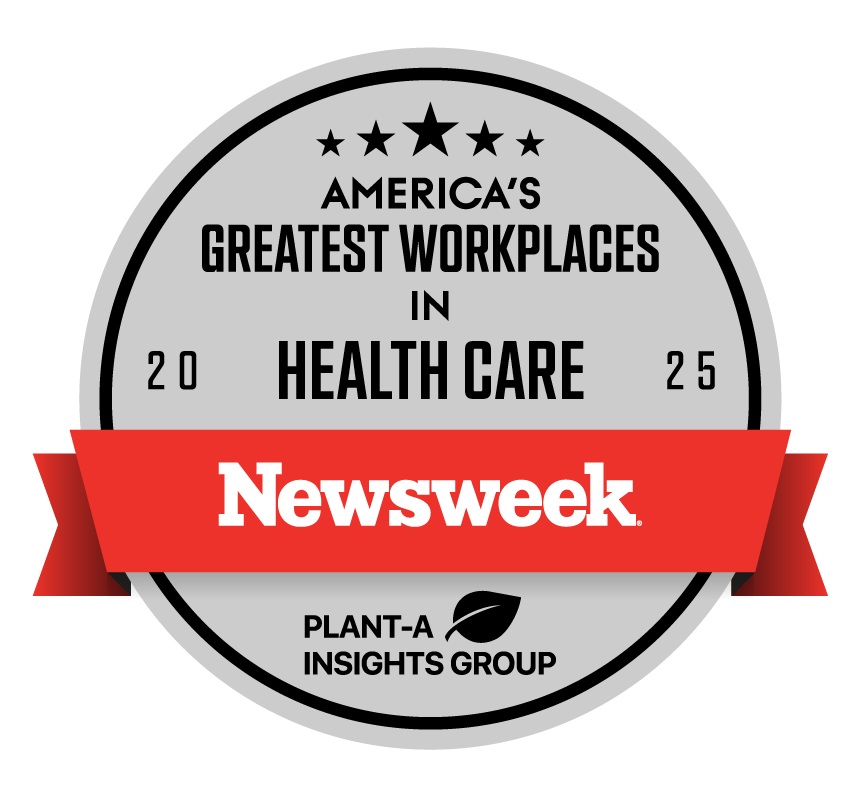Pride Month is here! The month-long celebration of the lesbian, gay, bisexual, transgender and queer community is a time for fun, raising awareness and reflection. The LGBTQ community faces many hardships, from accepting their own identities to coming out to facing social and political adversity.
Studies show that an estimated 20 to 30 percent of the LGBTQ community misuses substances, compared to about nine percent of the general population. Why is there such a disproportionate rate of those struggling with addiction? Research suggests that the daily obstacles faced by LGBTQ people increase their likelihood of turning to alcohol and drugs to ease the pain.
For example, transgender individuals are 2.5 times more likely to use cocaine or meth and twice as likely to misuse prescription medications, such as opioid and benzodiazepines.
One of our former clients, Brian Keith, shared his story of addiction and recovery.
“In hindsight, I was escaping my homosexuality,” Brian said. “I drank to escape how I felt – a homosexual man trying so desperately to live the life of a straight man. I did everything I could not to feel, everything I could to numb myself.”
More often than heterosexual, cis-gendered people, LGBTQ individuals commonly struggle with:
- Discrimination or stigmatization of their sexual orientation
- Hate crimes that include emotional abuse, threats, public humiliation or ridicule
- Rejection or shame from family or friends after coming out
- Hostile work environments or unemployment
As a result, LGBTQ individuals often self-medicate as a means to cope. Much like many people struggling with addiction, LGBTQ people commonly battle co-occurring disorders. Co-occurring disorders are the pairing of multiple diagnoses, usually addiction and depression, anxiety, PTSD, or other mental illnesses.
For people in the LGBTQ community struggling with drug or alcohol addiction, there is hope. When looking for a treatment center, seek help from centers that understand the specific needs of the community and are educated in the unique struggles and issues LGBTQ people commonly face. Find a recovery center that knows how to treat co-occurring disorders and focuses on treating the whole person, rather than addiction as a singular diagnosis.
If you’re struggling with addiction and mental health issues, call the Spectrum Health Systems today at 1-877-MyRehab.



